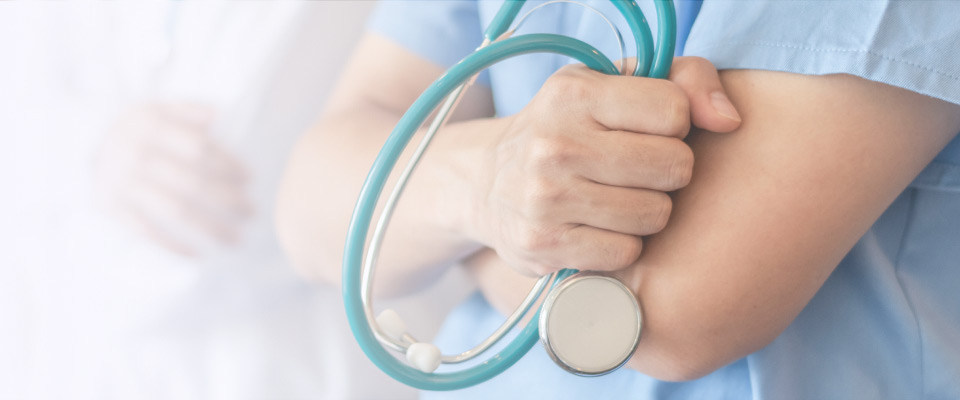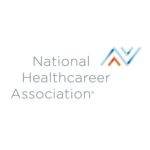
ABOUT OUR MA PROGRAM
A Medical Assistant (MA) plays a vital role in the operation of Medical practices. Medical Assistants are allowed to perform high technology, including laser, treatment offered in Medical spas. MAs perform minor clinical duties that make a medical facility run smoothly and successfully, ensuring the best treatment experience for both doctor and patient.
Physicians in Illinois can delegate Laser and Injection procedures to Certified Medical Assistants. Our 360-hour Nationally Certified Medical Assisting program consistis of 5 modules:
- Administrative Medical Assistant
- Cliical Medical Assistant
- EKG Technician
- Phlebotomy Technician
- Laser (provided by AMMP)
We prepare professionals of the highest caliber and give our students skills and confidence needed to succeed. Our graduates work in top medical offices and hospitals across the United States.
We believe that our MA program is one of the best in Illinois. The attendance is twice a week (full time) and once a week (part time), and since we limit our classes to 12 people, our students get a lot of attention from the instructors.
We are excited to offer a Combined Clinical Esthetics and Medical Assisting program, which includes the entire curricula of both programs. The program is designed for extremely ambitious people who are ready to study hard and complete both programs in approximately 6 months by attending 5 days a week.
advantages of medical assisting program

National Certification

Lifelong Job Placement Assistance

Classes are limited to 8 people

Extensive hands-on practices and procedures

Short term of study

Accelerated and condensed curriculum

Resume training included

Laser Certification included
Timeline
The Program takes approximately 4.5 months or 6 months to complete.
The Medical Assisting program consists of 360 hours of training and includes four specialties.
By giving students skills and confidence needed to succeed, the program prepares professionals of the highest caliber for a thriving career in any setting. Our in-depth presentations based on the medical sources and new research in the medical field.
The Program consists of 4 modules
Administrative Medical Assistants make sure their medical facility or hospital department is running smoothly: they handle medical records and insurance information, arrange for hospital admissions and laboratory work, and manage office communications. Other office duties may include greeting patients, setting appointments and handling bookkeeping and billing.
- Pneumonia,
- Cerebral Palsy,
- Multiple Sclerosis,
- Cancer,
- Arteriosclerosis,
- Hypertension,
- Diabetes,
- Mellitus,
- Myocardial Infarction
- OSHA,
- blood & bodily fluids,
- universal precautions,
- aseptic technique
- chain of infection,
- biohazard bags,
- autoclaving
- Hand washing technique,
- Patient preparation,
- Positioning and draping,
- Vital signs,
- Surgical interventions,
- Assisting the physician,
- Weight measurement,
- Changing a dressing,
- Injections,
- Administration of medications,
- Cleaning a wound,
- Removing sutures or staples
- Urinalysis,
- Hematology tests,
- Chemistry tests,
- Electrolytes,
- Microbiology,
- Pregnancy test,
- Glucose tests,
- Occult blood stool test,
- Specimen collection processing – centrifuge
- Quality controls and standards
National Certification
Why is National Certification important? Becoming a Nationally Certified Medical Assistant shows the employers that you a knowledgeable healthcare professional! It also allows you to work in all 50 U.S. states.
Upon a successful completion of the Medical Assistant Program, graduates are eligible to sign up for the exams and receive National Certifications through National Healthcare Association (NHA). After completing 160-hour externship program our graduates are able to sit for a second National Certification by National Center for Competency (NCCT). Both tests are offered at the Academy’s facility!
Our graduates have a 100% passing rate on the NHA Certification Exam.
TUITION & FEES
Tuition: $9,450
Registration: $100
Books & Supplies: $1,990
Other (including NHA exam & Preparation): $450
Total Cost of the Program: $11,990
In order to start the program student must to fill out an application form, pay $100 application fee, and make $1,500 down payment. If a student pays the entire amount of education before the first day of class, she/he receives a $500 discount.
Get Info
Other Resources









